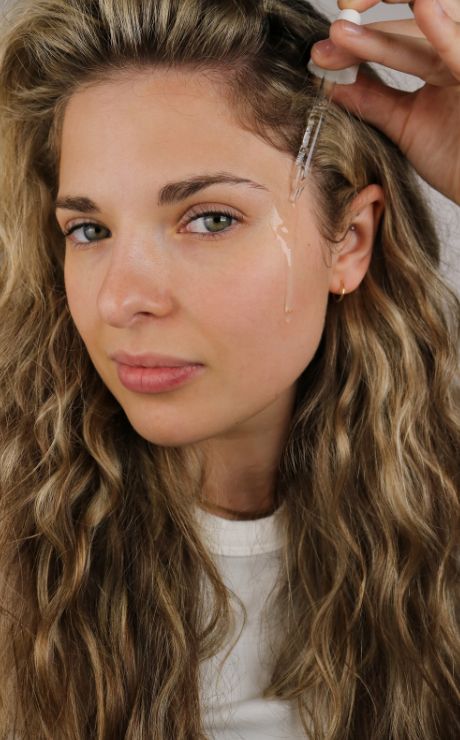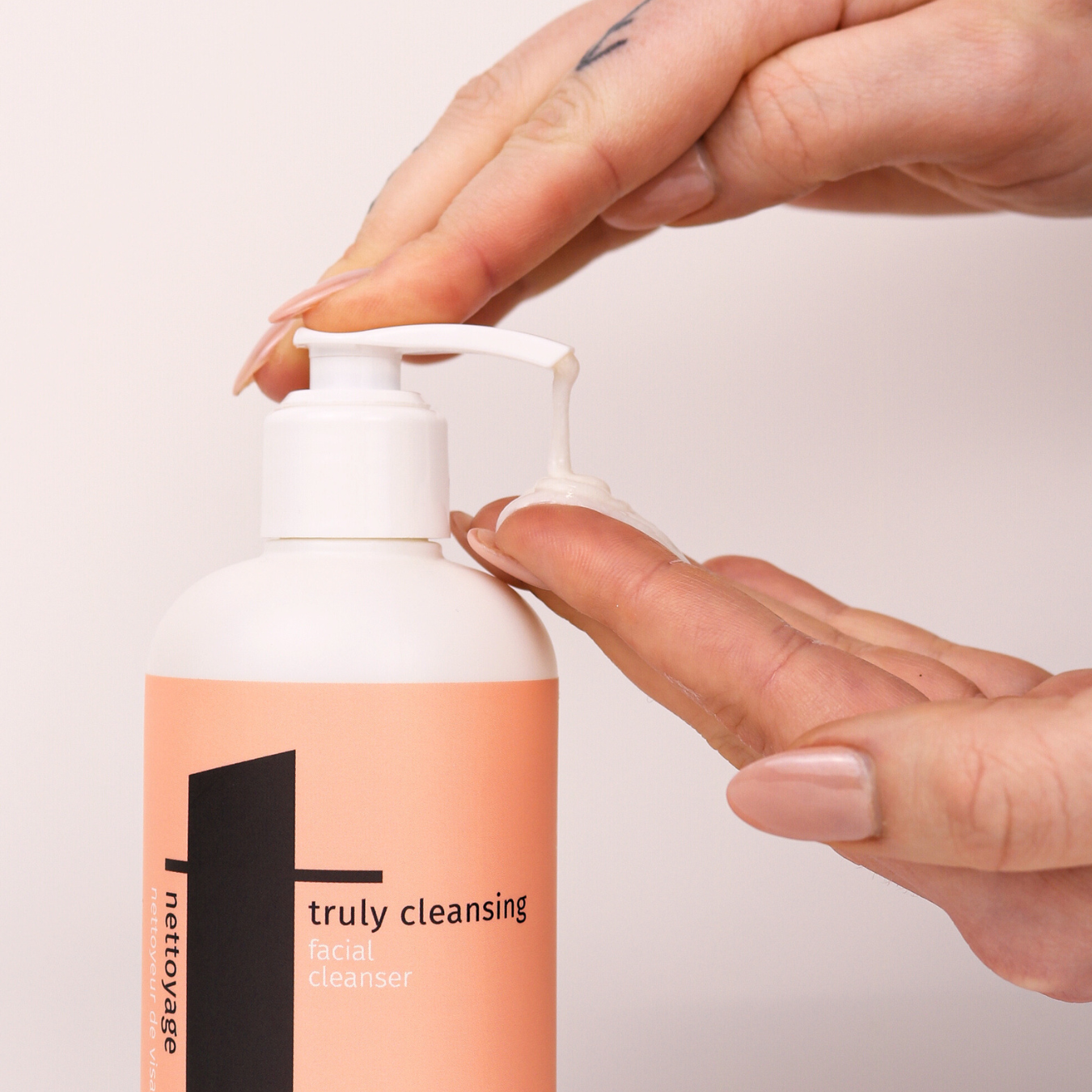
Eczema with Dr. Jess!
Eczema, or atopic dermatitis, affects millions worldwide, causing discomfort and frustration for those living with it. However, managing eczema effectively involves understanding its complexities and adopting a multifaceted approach. Let's delve into the goals of therapy and the general approach to managing this condition.
Goals of Therapy:
Eliminating Triggers: Identifying and avoiding individual triggers such as irritants and allergens is paramount to prevent flare-ups.
Restoring Barrier Function: Eczema often involves a compromised skin barrier, so restoring its integrity is crucial for long-term management.
Providing Symptomatic Relief: Alleviating itching and reducing skin lesions are primary objectives to enhance the patient's quality of life.
Implementing Proactive Measures: Strategies to prevent flares, lengthen symptom-free periods, and develop coping mechanisms are essential components of therapy.
General Approach:
Trigger Avoidance: Excessive bathing, low-humidity environments, stress, and exposure to certain chemicals can exacerbate eczema. Avoiding these triggers is fundamental.
Aeroallergens and Food Allergens: Although controversial, hypersensitivity to house dust mites and food allergens may contribute to flare-ups. While there's limited evidence supporting dietary interventions, eliminating certain foods like gluten, dairy, and nuts could be beneficial.
Contact Allergens: Atopic individuals are prone to allergic contact dermatitis. Identifying and avoiding allergens such as nickel and topical treatments is crucial for effective management.
Maintaining Skin Hydration:

Emollients and Moisturizers: Regular application of emollients, especially after bathing, helps maintain skin hydration and improve barrier function. Ingredients like ceramides and humectants are particularly beneficial. Truly Moisturizing Face Cream is a great option!
Bathing Practices:
Frequency and Additives: Warm baths or showers using mild cleansers, such as Truly Cleansing Facial Cleanser in unscented, are recommended. While there's controversy over the use of bath additives, they may help improve skin hydration in some cases.
Controlling Pruritus (Itch):
Non-pharmacologic Interventions: Optimal skin hydration, wet dressings, and psychologic interventions can help alleviate itching.
Topical Treatments: Topical corticosteroids, calcineurin inhibitors, and tar preparations are effective in controlling pruritus and inflammation.
Other Treatment Options:
Phototherapy: Narrowband UVB or UVA1 phototherapy may be considered for diffuse pruritus not controlled by topical therapy alone.
Oral Antihistamines: While widely used, evidence supporting their efficacy is limited, especially in large-scale trials.
Cyclosporine: Reserved for severe cases, oral cyclosporine can rapidly control pruritus, although recurrence is common upon discontinuation.
In conclusion, effective management of eczema involves a holistic approach addressing triggers, restoring skin barrier function, and controlling symptoms like pruritus. By implementing these strategies and working closely with healthcare providers, individuals with eczema can achieve improved quality of life and symptom control.”
Written by Dr. Jess Hobson




Leave a comment
This site is protected by hCaptcha and the hCaptcha Privacy Policy and Terms of Service apply.